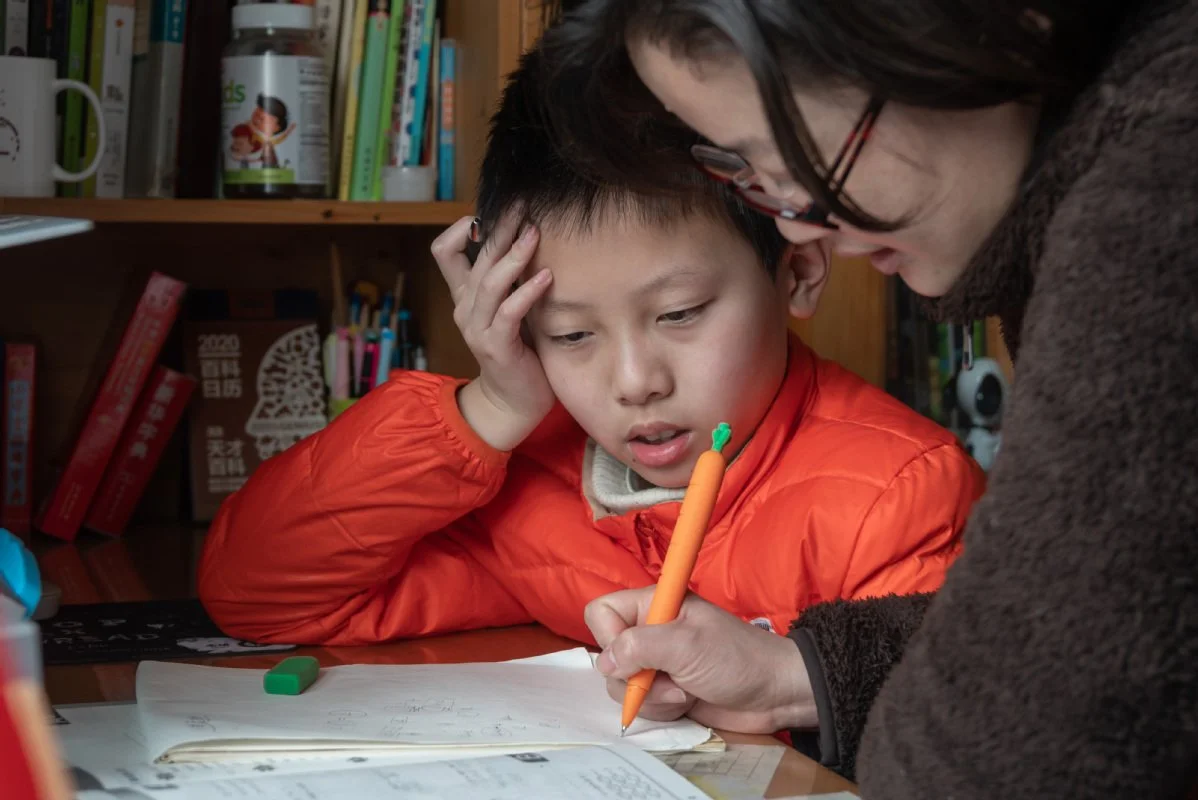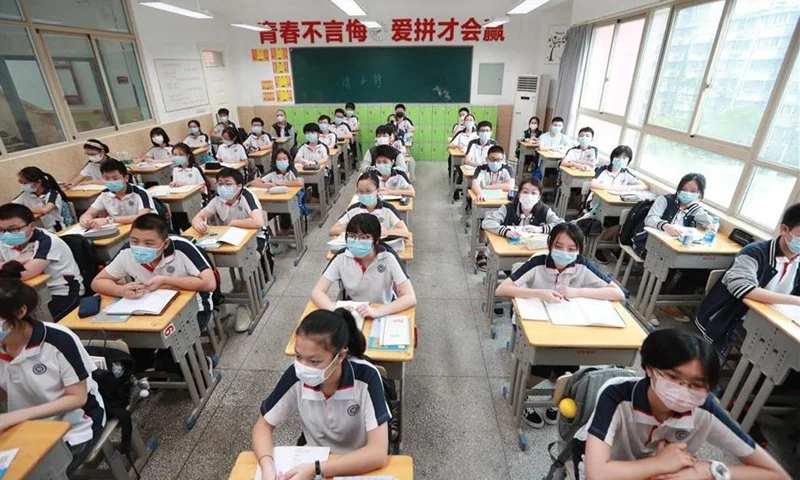Regulation, COVID-19, Hong Kong, and China’s Growing Interest in International Boarding Schools
Interest among Chinese parents in boarding schools abroad has gone up amid regulations and tighter government control of curricula used in China’s international schools.
The COVID-19 pandemic has impacted day-to-day operations for international schools in China, with many suffering staffing shortages due to border restrictions.
The UK is a popular destination, but many boarding schools in the UK are already at or over capacity due to a surge in interest from Hong Kong applicants.
Despite the challenges that these factors present to elementary and middle school students, however, high schools remain unaffected, and China’s appetite for higher education is still increasing.
Owing to pandemic-related staffing shortages, domestic regulatory legislation, and uncertainty within and surrounding Hong Kong, Chinese parents have begun to explore international boarding school opportunities for their elementary and middle school aged children. This accelerating trend presents a unique opportunity to boarding schools in the United States; should they take proactive steps to engage with the Chinese market, they can position themselves well to capitalize on this groundswell of interest among Chinese parents. In addition to its obvious consequences on public health, the COVID-19 pandemic has had a significant impact on both China’s international schools as well as Chinese schools staffed by foreign instructors. In addition, new restrictions on private schools within China, which went into effect in September 2021, have produced a number of effects on the country’s primary and middle school educational landscape. The uncertainty surrounding Hong Kong’s national security law has also prompted a number of Hong Kong parents to explore international education opportunities for their children, particularly in the UK. While China’s international high school sections are largely free to operate as they did before the new regulations (and thus remain an important target audience for overseas university recruiters), the elementary and middle school divisions at Chinese international schools are facing a major shakeup and are losing their attractiveness compared to overseas boarding schools.
In May 2021, China’s State Council announced new regulations on private schools operating in the country. Effective September 2021, all institutions serving grades K-9 could no longer teach foreign curricula, and foreign entities were prohibited from owning private K-9 schools. As a result, middle class families who had been turning to international schools within China have begun to search elsewhere due to this stricter consolidation of school curricula; some international schools, such as Bay Academy, Shenzhen Harrow Innovation Leadership Academy, and the King’s School Shenzhen International in the southern city of Shenzhen, have likewise either shifted their focus to foreign students or started to withdraw their operations in China entirely. Combined with the intense pressure of China’s high school entrance exam, or zhongkao (the workload for some students has doubled), the ‘double reduction’ policy’s effective elimination of after-school tutoring, the complication of navigating China’s household registration, or hukou, system, and the belief that a Western diploma will boost prospects of employment back home, many Chinese parents (particularly those with greater means) have opted to explore opportunities for pre-university education abroad. One parent in Chengdu remarked that she had even begun to reconsider emigration as a result of the changes’ impact on her children.
A Shanghai parent helps her son with his homework. Wang Gang/China Daily.
The ongoing pandemic has also contributed significantly to the challenges Chinese parents are currently facing as they navigate China’s domestic education system. As has been the case in nearly every country, China’s pandemic response has had drastic consequences on sectors outside of just public health. As a result of China’s zero COVID policy, the number of foreign instructors at China’s international schools has plummeted since the onset of the pandemic, with reports of teachers and students being stranded overseas due to tight border restrictions. In Hong Kong, the situation has been especially dire, as both the pandemic and the confusion regarding the new national security law have prompted nearly 1,000 instructors (and 4,500 students) to depart the territory between 2020 and 2021.
Meanwhile, according to British government data, between January and September of 2021, 2,679 child students visas were issued to Hong Kongers, setting a record that has stood since 2010. This figure is a continuation of a trend that started well prior to 2019; some schools have been receiving so many applications from Hong Kong that they’ve begun admitting students two years in advance. As the UK has been building out migrant pathways for Hong Kongers who are skeptical of the new national security law, parents have looked to the UK as a preferable study destination for their children.
That said, as the pandemic recedes and Chinese parents are able to plan with greater certainty the academic careers of their children, the UK will face (and, indeed, already has begun to face) limitations in its capacity to host international students. Prominent schools in Surrey, Kent, Cambridge, and London have already had to stop accepting Hong Kong students, while others have even started refunding Hong Kong students’ application fees outright due to the volume of applicants. Indeed, this surge in interest among Hong Kong parents and students has threatened to crowd out applicants from other locations, including Mainland China. This concern about capacity is compounded by the financial burdens incurred by many boarding schools as a result of the pandemic; while better-funded schools may have had the resources to weather these complications, smaller institutions found themselves operating at a loss after the departure of just a handful of students.
Middle school students in Hubei Province. Zhao Jun/Xinhua.
As UK schools continue to turn away applicants, Chinese parents and students will look elsewhere for educational opportunities in Anglophone countries. Boarding schools in the US can and should position themselves to benefit from this heightened interest, and Sunrise offers a variety of tools to navigate the Chinese market. Establishing a localized digital marketing presence is essential to capturing the attention of younger Chinese students and their parents. This includes not only building a locally-hosted Chinese website, but also engaging with the various social media platforms that attract millions of Chinese users on a daily basis. And especially considering China’s tight border restrictions, having a dedicated in-country representative to attend recruitment events and perform outreach on your behalf can be a valuable asset.
For a more comprehensive overview of the type and quality of services that we can offer your institution, we encourage you to peruse the case studies we have compiled on our official website, including our collaborations with boarding schools such as Lake Ridge Academy (Ohio), St. Mary’s School (Oregon), Long Island Lutheran Middle & High School (New York), and Fork Union Military Academy (Virginia).


